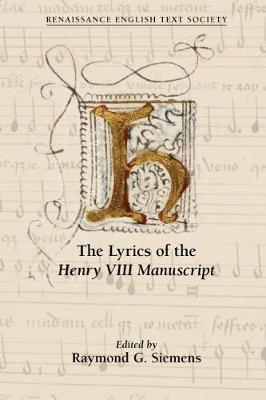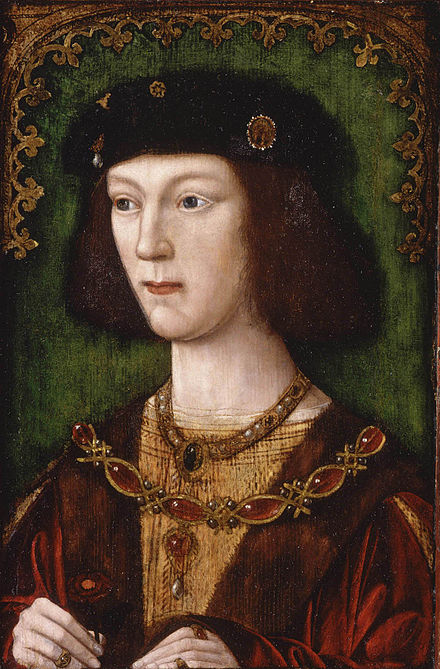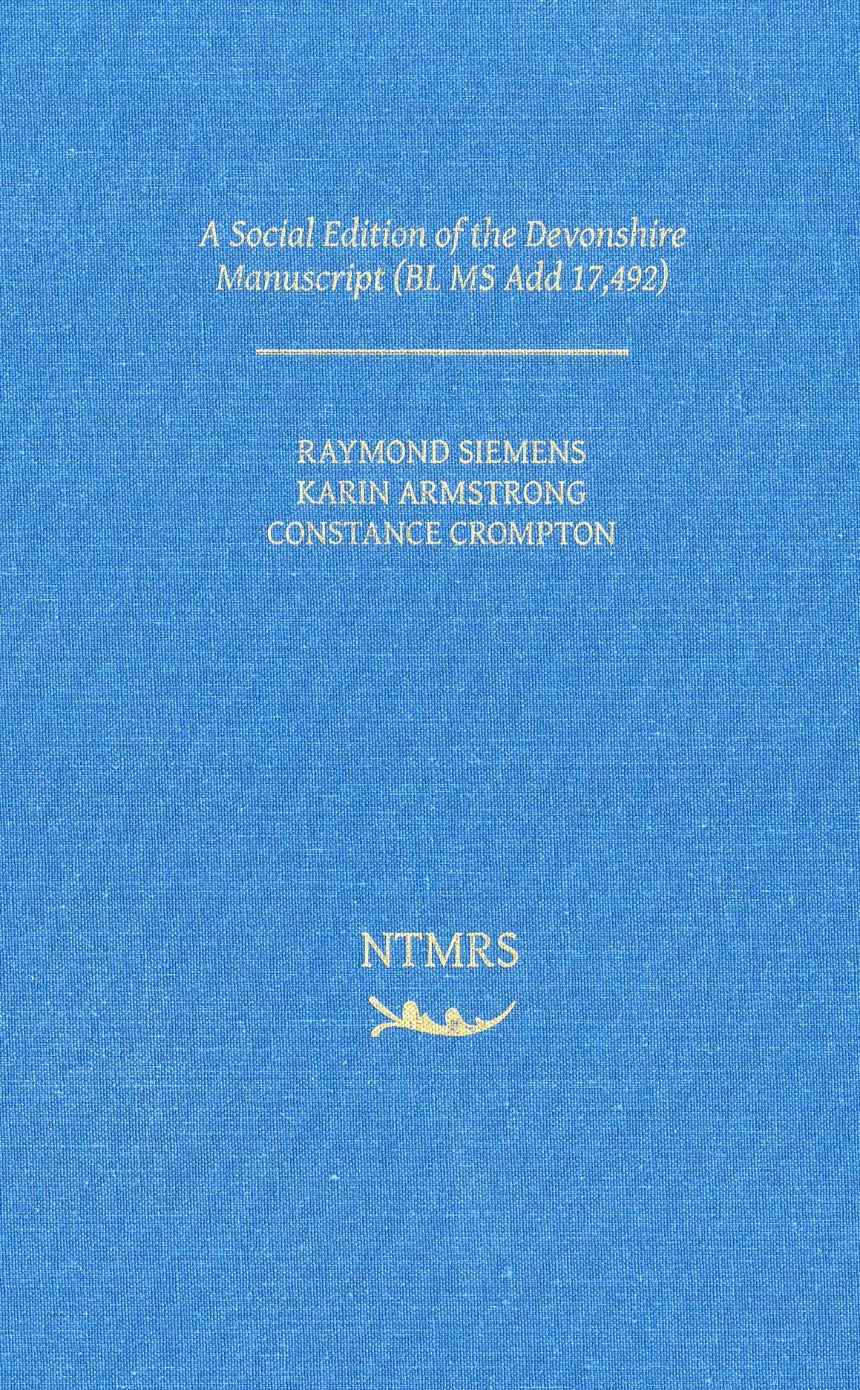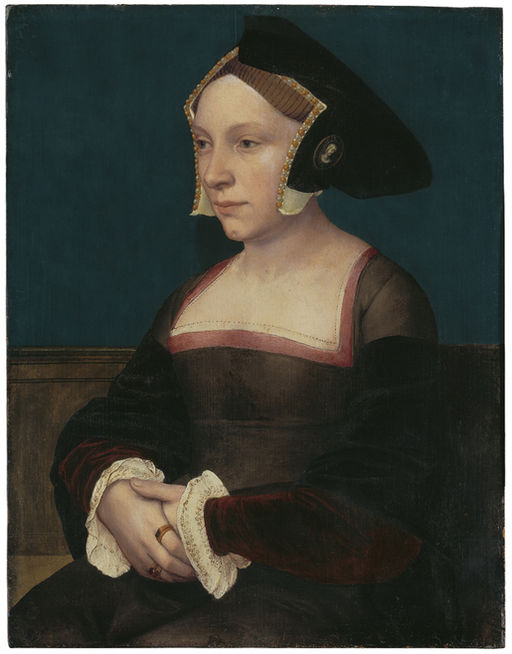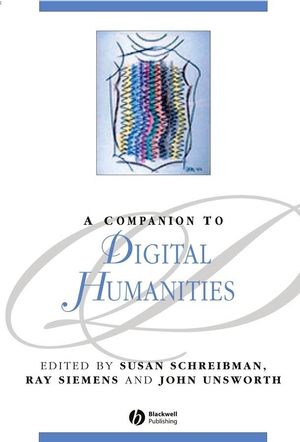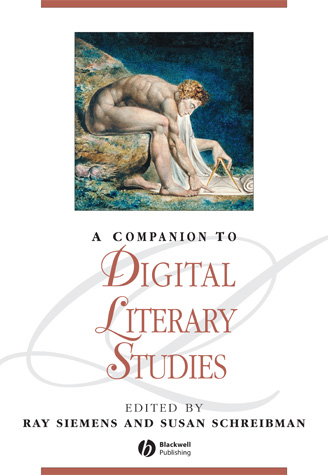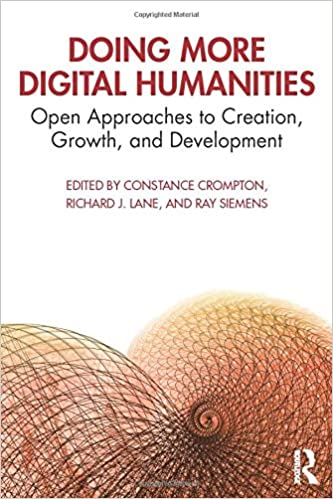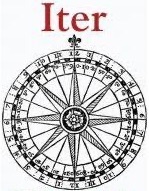Profile
A leader of collaborative, transformative, interdisciplinary scholarship and pedagogy, Ray Siemens (PhD, UBC 1997) is Distinguished Professor in the Faculty of Humanities at the University of Victoria, in English with cross appointment in Computer Science, also appointed Canada Research Chair in Humanities Computing (2004-15). He was invited as Fellow in the Royal Society of Canada in 2022.
Visiting positions include Senior Research Fellow in Digital Humanities at King's College London (2003-19), Research Fellow at the Institute for English Studies London (2005, 2008), as well as Professor at Sheffield Hallam U (2004-11), Ritsumeikan U Kyoto (2010), New York U (2013), U Passau (2014), U Tokyo (2014), Western Sydney U (2015, 2017-18), Leverhulme Professor at Loughborough U (2019), and as Global Innovation Research Chair at U Newcastle's Centre for 21st Century Humanities (2019-22).
A scholar of Renaissance literature, he has focused primarily on two early Tudor manuscripts, one a lyrical songbook and the other a poetic miscellany. His work on the Henry VIII Manuscript’s lyrics (BL Add Ms 31,922) presents a young prince and king Henry VIII exercising an influential poetic voice, providing important insights into political culture and literary history. The social edition of the Devonshire Manuscript (BL Add Ms 17,492) employs experimental method to illuminate the first sustained example in the English tradition of men and women writing together as a community.
His research at the intersection of the humanities, literary studies and computational methods includes the electronic scholarly journal Early Modern Literary Studies (founder, 1994), the Companion to Digital Humanities (with Susan Schreibman and John Unsworth), the Companion to Digital Literary Studies (with Susan Schreibman), MLA's Literary Studies in the Digital Age (with Ken Price), and Doing More Digital Humanities: Open Approaches to Creation, Growth, and Development (with Constance Crompton and Richard Lane), among others. Championing the development of open, social scholarship, the Implementing New Knowledge Environments (INKE) partnership he directs recently received SSHRC Partnership support of $2.5m (2020-27; plus $3.25m from its 29 partners), supplementing a similar investment under the Major Collaborative Research Initiatives program earlier, as well as SSHRC Partnership Development funding for the Canadian-Australian Partnership for Open Scholarship.
He founded and directs the Digital Humanities Summer Institute, a community-based initiative offering the largest DH curriculum in the world with some 7400 alumni, in 2019 drawing over 900 attendees, with over 30 partners and more than 50 courses; during COVID, its fully virtual 2021 edition drew 2000 participants from around the globe. Other current teaching focuses on digital literary studies, digital humanities, and knowledge construction -- building on a foundation of teaching in early Tudor literature, Henrician lyric, Tudor drama, Milton, Shakespeare, textual studies, electronic literature, literary history, and beyond.
In 2014, Siemens received the Alliance of Digital Humanities Organisations' Antonio Zampolli Prize for outstanding accomplishment; in 2009, he received the U Victoria Humanities Award for Research Excellence and, from U Waterloo, the Arts in Academics Alumni Achievement award. His research has been supported by the Social Science and Humanities Research Council of Canada, the Canada Research Chairs program, the Canadian Foundation for Innovation, the BC Knowledge Development Fund, CANARIE, the MITACS program, the Mellon Foundation, the Killam Trust, the Wikimedia Foundation, the Leverhulme Trust, and others.
The Electronic Textual Cultures Lab (ETCL) he directs acts as an intellectual centre for the activities of local faculty, staff, and students as well as visiting scholars who work closely with research centres, libraries, academic departments, and projects locally and in the larger national and international community, while also serving as academic home to a number of postdoctoral fellows, graduate students, and academic staff. The Implementing New Knowledge Environments (INKE) partnership and the Digital Humanities Summer Institute Siemens directs are based in ETCL, as are community-focused activities of Iter: Gateway to the Middle Ages and Renaissance which he co-directs. Iter houses the most extensive, interdisciplinary Medieval and Renaissance Bibliography (1.45m items), and includes active press and journal activities (Toronto, New York, Chicago).
In addition to his research and teaching activities, and local service, Siemens has served as member of the SSHRC Governing Council; Vice-President / Director (Research Dissemination) of the Federation for the Humanities and Social Sciences; Chair (=President) of the Alliance of Digital Humanities Organisations steering committee; President of the Society for Digital Humanities; at the Modern Language Association, Chair of the Committee on Scholarly Editions, of the Committee on Information Technology, and of the Discussion Group on Computers in Language and Literature, as well as member of the Publications Committee; Director of Iter: Gateway to the Middle Ages and Renaissance; board member of the Renaissance English Text Society; and at the Renaissance Society of America, Chair of the Digital and Multimedia Committee, board member, as well as member of its Conference Visioning Committee; and Chair of the Coalition Publica International Advisory Committee. He also has served in board, administrative, chair, committee, and advisory capacities for the International Association of University Professors of English, the Text Encoding Initiative Consortium, Gale, Readex, Canadiana.org, Compute Canada, CenterNet, Records of Early English Drama, the Text Creation Partnership, the Canadian Research Knowledge Network, the Canadian Foundation for Innovation, the National Endowment for the Humanities, the Irish Research Council, the Australian Research Council, the European Research Council, and others.
Further information and details available by request, and much also via his ORCID profile. Details of INKE Research Group publication and presentation available via these sites [2008-2019] [2020- Publications | Presentations | Events]
 https://orcid.org/0000-0002-9599-8795
https://orcid.org/0000-0002-9599-8795

